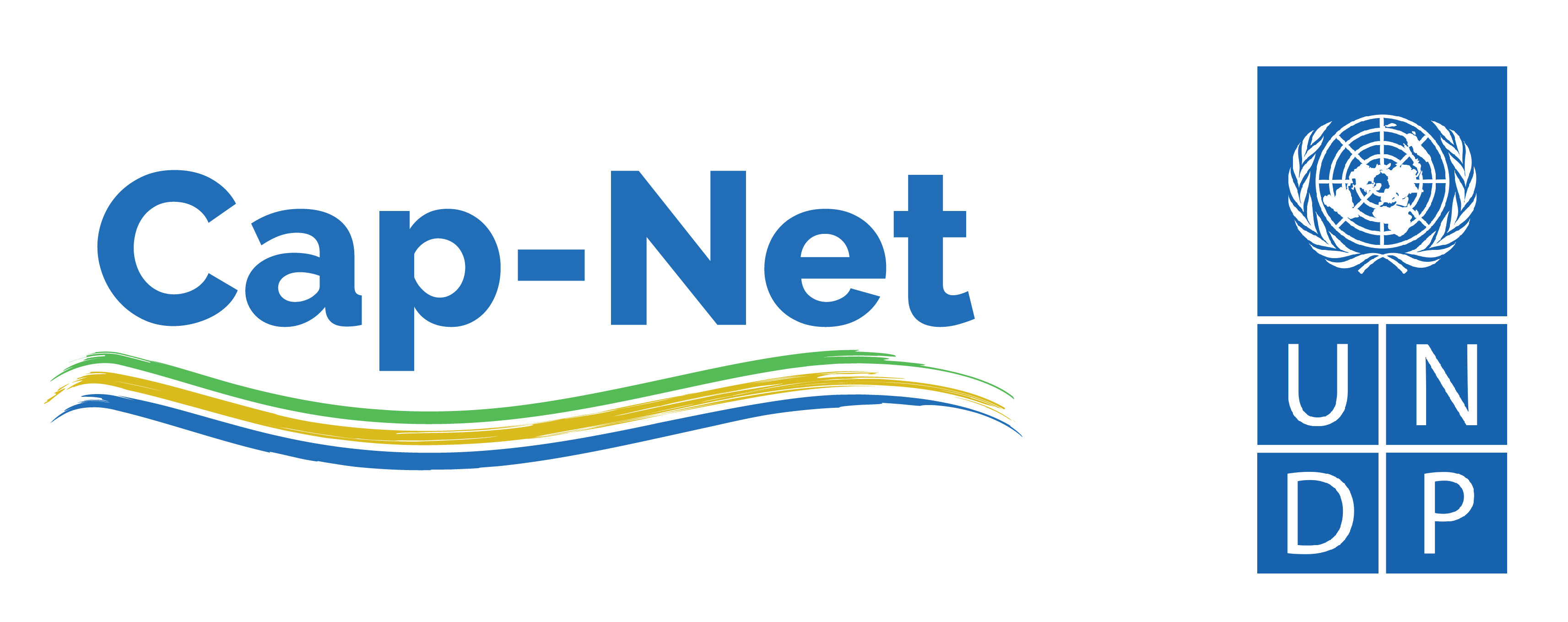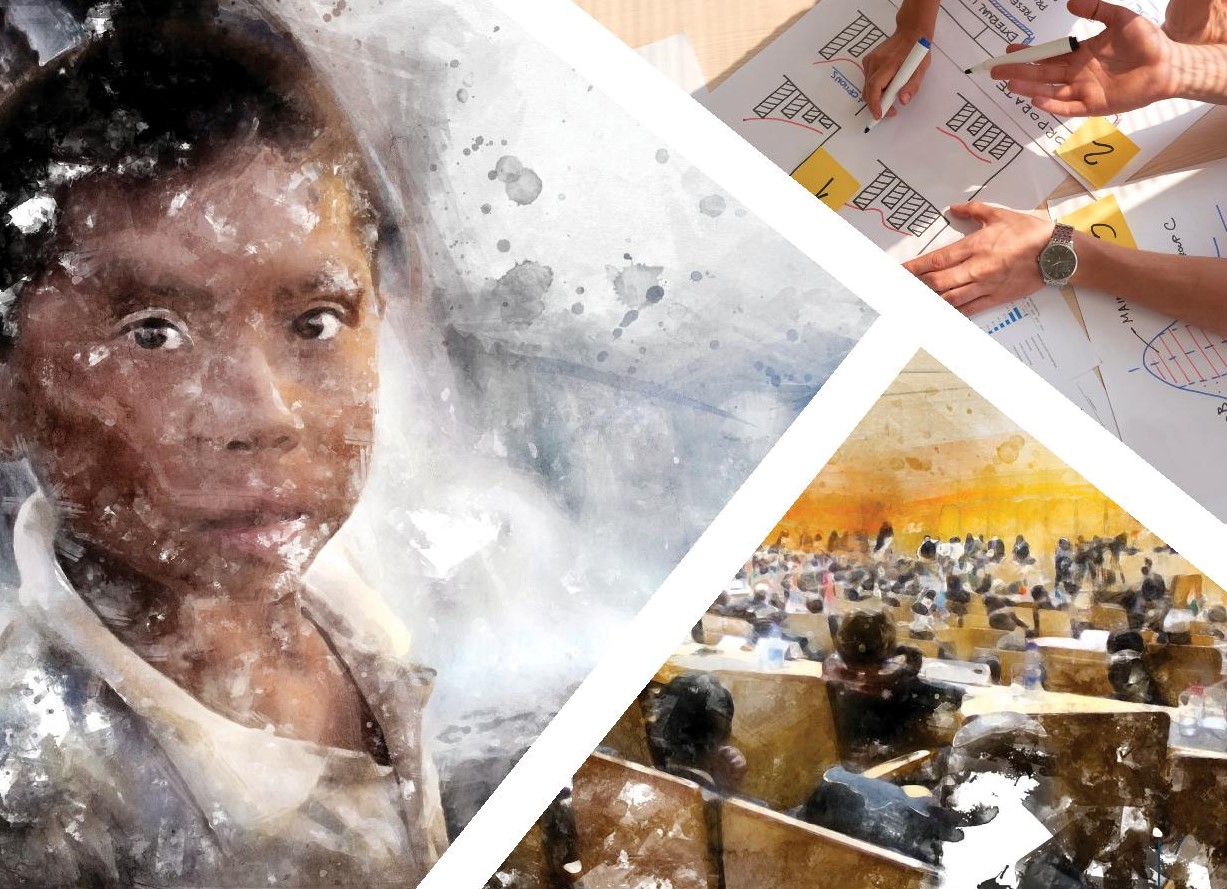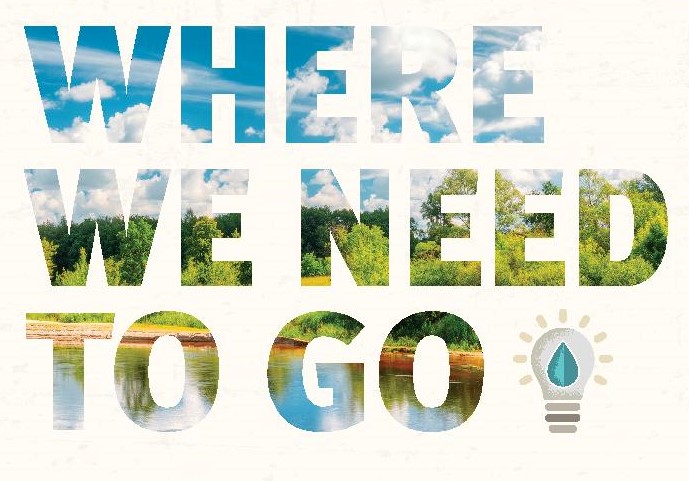Based on the IWRM challenges reported by each country during the periodic UN-led assessment of SDG 6.5.1, Stage 2 of the Support Programme focuses on formulating appropriate governance responses to strengthen areas that require further support, by designing targeted interventions as a series of investment opportunities, which upon finalisation of Stage 2, should be ready to be funded to ensure that the interventions can transition towards implementation in Stage 3 . It is important to note that the stages represent three tracks which may not necessarily be in sequence, so the completion of one stage does not constitute a prerequisite for accessing a subsequent stage, and the stages in some cases can run in parallel.
The overall objective of the Support Programme is to advance IWRM not as an end in itself, but as a means of generating tangible impacts on broader sustainable development, as seen through progress towards both SDG 6.5 and other SDG 6 targets and national water-related goals. In this sense, the output of Stage 2 is an IWRM Action Plan or similar document as defined within the context of any given country, which should be complementary to the IWRM framework within that country. It is key to the success of Stage 2 that this IWRM Action Plan is aligned with the broader national priorities and SDG landscape, including the climate agenda. The IWRM Action Plan should be produced as a result of a multi-stakeholder and multi-sectoral gender-sensitive approach to reach holistic solutions to water governance challenges, which move the needle on SDG 6.5.1 and other related SDG targets.
Building on defined national processes and priorities will help to ensure that the solutions contribute to meeting existing commitments, increasing resource efficiency and impact. The extent to which the work engages with planning and reporting aspects beyond SDG 6.5.1 is at the discretion of each country, but examples of the type of entry points that the Stage 2 process should synergise with include:
- Formal existing or planned national water governance-related SDG initiatives (not necessarily limited to SDG 6)
- Climate-related priorities, as exemplified by the Nationally Determined Contributions (NDC) and the National Adaptation Plan (NAP), inter alia
- Other national and regional sustainable development frameworks and investment programmes
- Related socio-economic projects under implementation
- Ongoing governance reform processes and/or capacity development programmes.
The SDG 6 IWRM Support Programme is actively seeking new partners to engage in its activities and increase both the scale and the depth of its support to countries. Please click here for a note on options for engagement in the Support Programme or contact us via sdg6iwrmsp@gwp.org..




